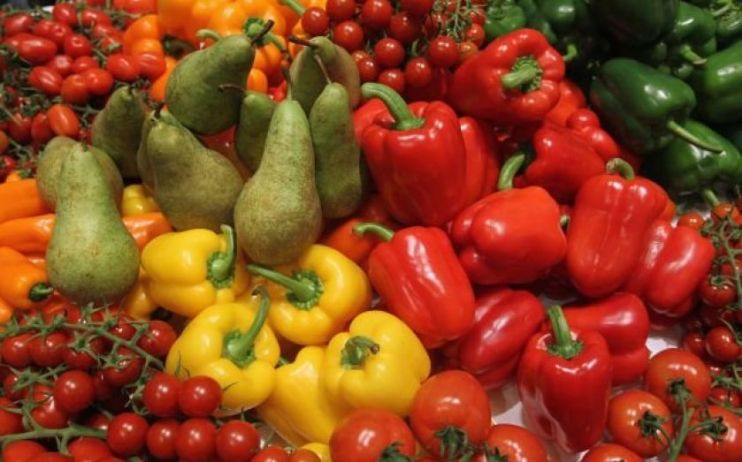Brexit trade restrictions will fuel food inflation, lobby group warns

Proposed restrictions on post-Brexit trade will pile costs onto consumers, representatives of the UK’s fresh produce industry warned.
The Fresh Produce Consortium (FPC) warned that an extra £10m from import charges would have to be passed on to consumers, further fuelling food inflation.
In a letter to the government seen by The Guardian, the FPC argued the government’s policy was an “outdated and highly inefficient border solution which fails to meet the needs of a modern progressive industry”.
Extra checks on fresh foods would “materially contribute towards consumer inflation, business on-costs, food waste, and carbon emissions,” it said.
The FPC’s letter took aim at the government’s pro-Brexit border strategy. Among the proposals, the government wants to introduce a £43 charge for each consignment, payable from January next year.
The extra burden would risk exacerbating an already challenging outlook for food prices.
Although grocery price inflation fell to its lowest level in the year last month, the reading of 16.5 per cent was still the sixth highest since 2008.
The UK imports around two-thirds of its fresh fruit and vegetables. The majority of those imports come through the EU, even if they were not produced there.
Small and medium-sized businesses will be hit hardest, the FPC warned, and suggested that smaller producers abroad might end up shunning the UK entirely.
Head of the FPC Nigel Jenney said businesses already suffering from rising bills would have little choice but to pass the extra costs onto consumers.
“The highly efficient logistics model widely adopted by our sector to deliver a complex range of highly perishable goods rapidly to several customers will be compromised at considerable additional cost,” he said.
“UK border strategy will be directly responsible for UK food inflation.”